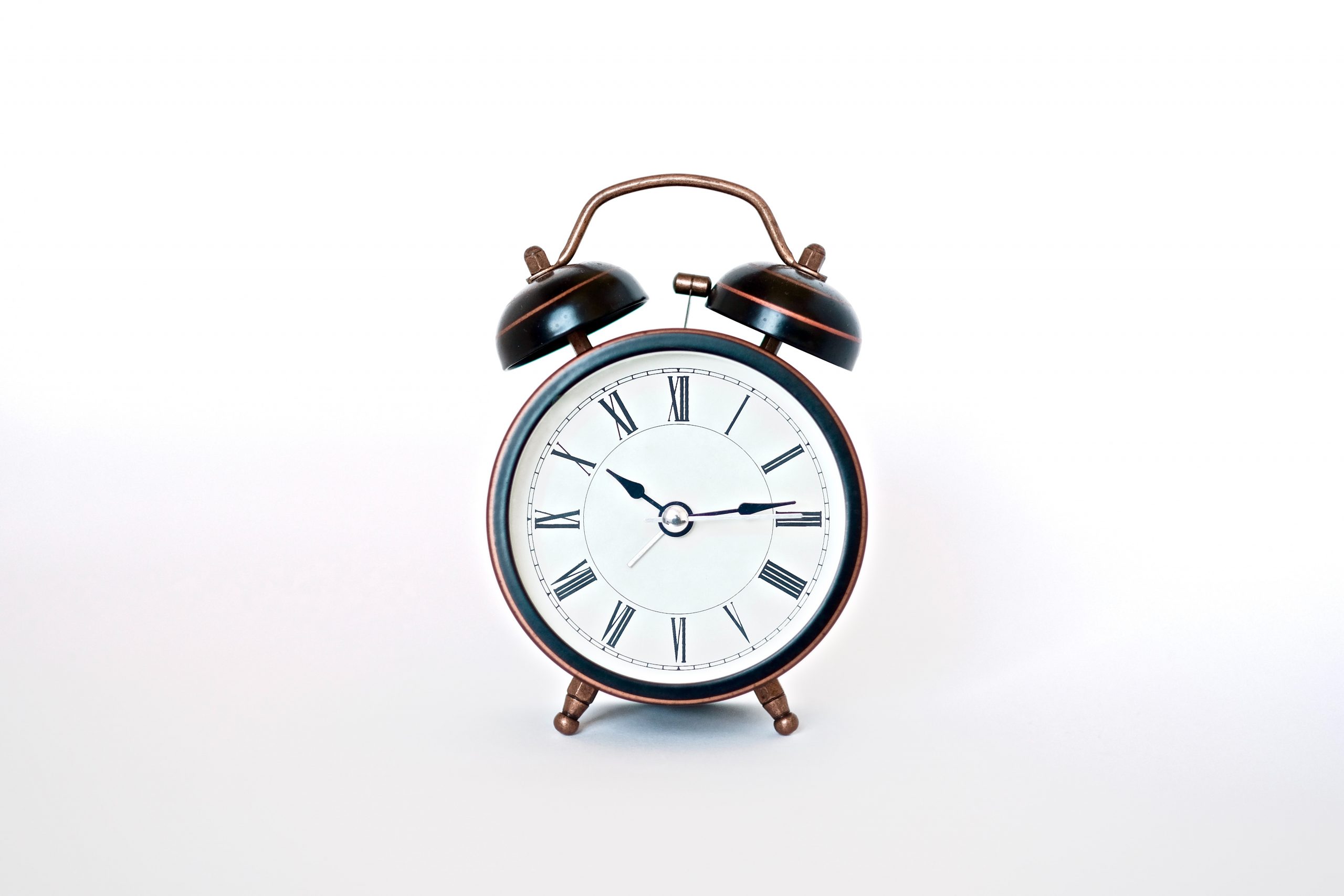The world is run by metrics and analytics. We’re always trying to enhance and streamline processes and achieve more in less time. While having evolving systems and project management programs in place is helpful, there are some simpler ways to maximize your efficiency at work — all while not succumbing to burnout along the way.
Firstly, tracking how much time certain tasks take you on average can be a useful metric. Not only will it subconsciously keep you on track, not wanting to record a lackluster time, but after a few instances of doing a similar task, you’ll begin to understand how long that type of task usually takes you.
This will be a great asset to better plan your time in the future, since you’ll have an idea of how much time to allot to that task. And once you know roughly how much time those tasks take, you can more accurately set deadlines, which is key. If you don’t adhere to deadlines, it could prove costly in the long run.
Secondly, avoid or limit distractions as much as possible. While the office can be teeming with great ideas and collaboration among peers, it can also be a place filled with unnecessary chatter and noise. Consider working remotely or a hybrid model to minimize distractions.
Another way to limit distractions is to put away your phone and turn off email alerts for an hour at a time. Instead of popping over to a new window to check email or answer a text message every time it dings, check it at the top of every hour and try to get 50 minutes of uninterrupted work.
Multitasking is one of the biggest misconceptions people have about work. Many job descriptions require candidates to be able to multitask, but that’s not only impossible — it’s also a distraction and detracts from true efficiency. The human brain cannot multitask; rather it switches quickly between tasks, giving the illusion that more than one thought is happening. In reality, we cannot cognitively do more than one thing at a time. Don’t be fooled by multitasking and switching between several tasks, doing a subpar job. Focus on one thing at a time and work your way down the task list one by one.
Lastly, reserve time throughout the day for longer breaks between your email and phone message checks. Read a chapter of a good book, meditate, or eat a good meal or have a cup of your favorite beverage — and not at your desk. Getting up and changing locations can shift your mindset and help you if you’re stuck in a rut mentally.
Another excellent way to take time for yourself during the work day is to exercise. Taking your mind completely off of a task and switching to a predominantly physical activity allows your brain to rest, while energizing your body. You may find yourself with more mental energy than you had before, even if you just jogged a few miles and are physically tired. People who carve out time for consistent exercise reap the mental benefits.
Efficiency is an important aspect of work. We want to accomplish our tasks or projects in a timely manner, but by taking care of ourselves and strategically prioritizing, we can achieve efficiency without the added byproduct of burnout or stress.

